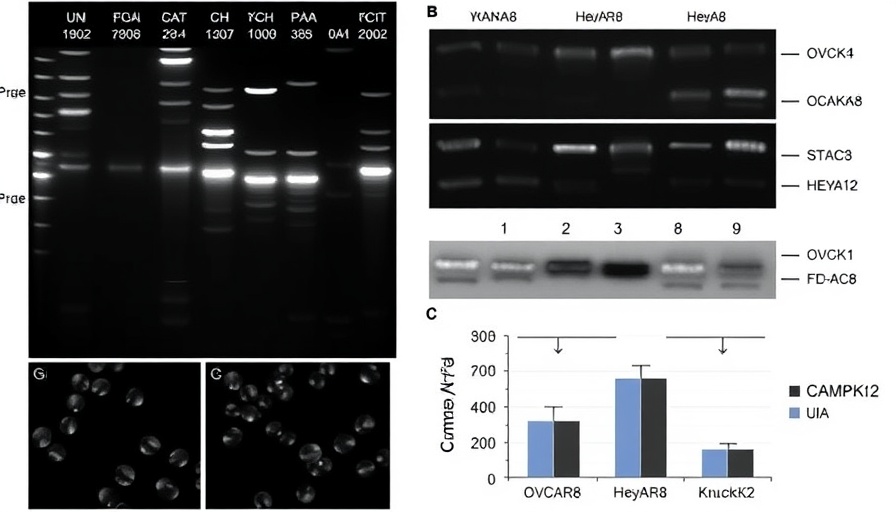
Understanding Neutrophils: Your Body's First Line of Defense
Imagine your body's immune system as a well-trained army, with neutrophils playing the role of the frontline soldiers. These tiny warriors are not just any cells; they are crucial players in our immune defense, tasked with battling pathogens that could lead to illness. With granules packed with powerful antimicrobial proteins, neutrophils are armed with an arsenal, including neutrophil serine proteases (NSPs), which are vital to this operation.
What Are Neutrophil Serine Proteases?
So, what exactly are these neutrophil serine proteases? Think of them as specialized tools that neutrophils use to break down harmful invaders and regulate inflammation. Some of the well-known NSPs include neutrophil elastase (NE), proteinase 3 (PR3), cathepsin G (CatG), and neutrophil serine protease 4 (NSP4). Each of these proteases has its own unique mission, focusing on different aspects of immune response.
NETosis: The Double-Edged Sword of Immune Defense
When neutrophils encounter danger, they can enter a dramatic process known as NETosis. This is their version of a heroic last stand, where they release neutrophil extracellular traps (NETs). These traps are a concoction of decondensed chromatin and intracellular proteins designed to catch and neutralize invaders. Surprisingly, not all cells die during NETosis—a fact that’s surprising to many and reflects the complexity of our immune responses.
The Role of Metabolism in NET Formation
You might be wondering how energy comes into play here. Just like athletes need fuel, neutrophils require metabolic pathways to form their NETs effectively. Research shows that essential nutrients like glucose and glutamine enhance NET formation. Under glucose-free conditions, neutrophils struggle to perform NETosis, even when stimulated.
Insights from Recent Research Trends
A curious trend observed in recent research is the increasing focus on the role of NSPs during NET formation. As scientists peel back the layers of complexity, the mechanisms of NET release, involving ROS and other factors like NADPH, come to light. This has prompted many to delve deeper into NSP activity regulation during processes such as degranulation associated with NET release.
Dangers of Dysregulated NETosis
However, like any powerful defense mechanism, there’s a risky side. Dysregulation of NETosis and NSP activity can lead to pathological conditions and diseases. Understanding the delicate balance of NSPs and their contributions in both health and disease offers critical insights into potential therapeutic avenues.
The Future of Health and Immune Research
While discussions about neutrophils and their roles have traditionally been confined to scientific circles, they hold immense relevance for anyone interested in longevity, cellular health, and overall well-being. With each new discovery, we inch closer to unraveling how these processes can inform strategies not just for disease prevention but for health optimization.
Practical Health Tips Considering Neutrophil Function
So, what does all this mean for your health? While we might not all become immunologists, a few wellness strategies may help optimize our body's defense mechanisms. Consider focusing on nutrient-rich diets to support metabolic pathways, engaging in regular exercise, and prioritizing good sleep to enhance your overall healthspan.
As we learn from these intricate biological processes, it's essential to incorporate science-backed health insights into our daily lives. Who knew that understanding neutrophils could play a part in your quest for longevity? By taking proactive steps in nutrition and lifestyle choices, we can better support our body's intricate defense mechanisms.
In summary, the exploration of neutrophil serine proteases and NETs offers a window into the dynamic world of our immune system, opening new avenues in health and wellness. The promising research points to exciting opportunities for advancing our understanding of disease prevention and health optimization strategies. Stay tuned for more updates as scientists uncover new findings in this thrilling field!
 Add Row
Add Row  Add
Add 




Write A Comment